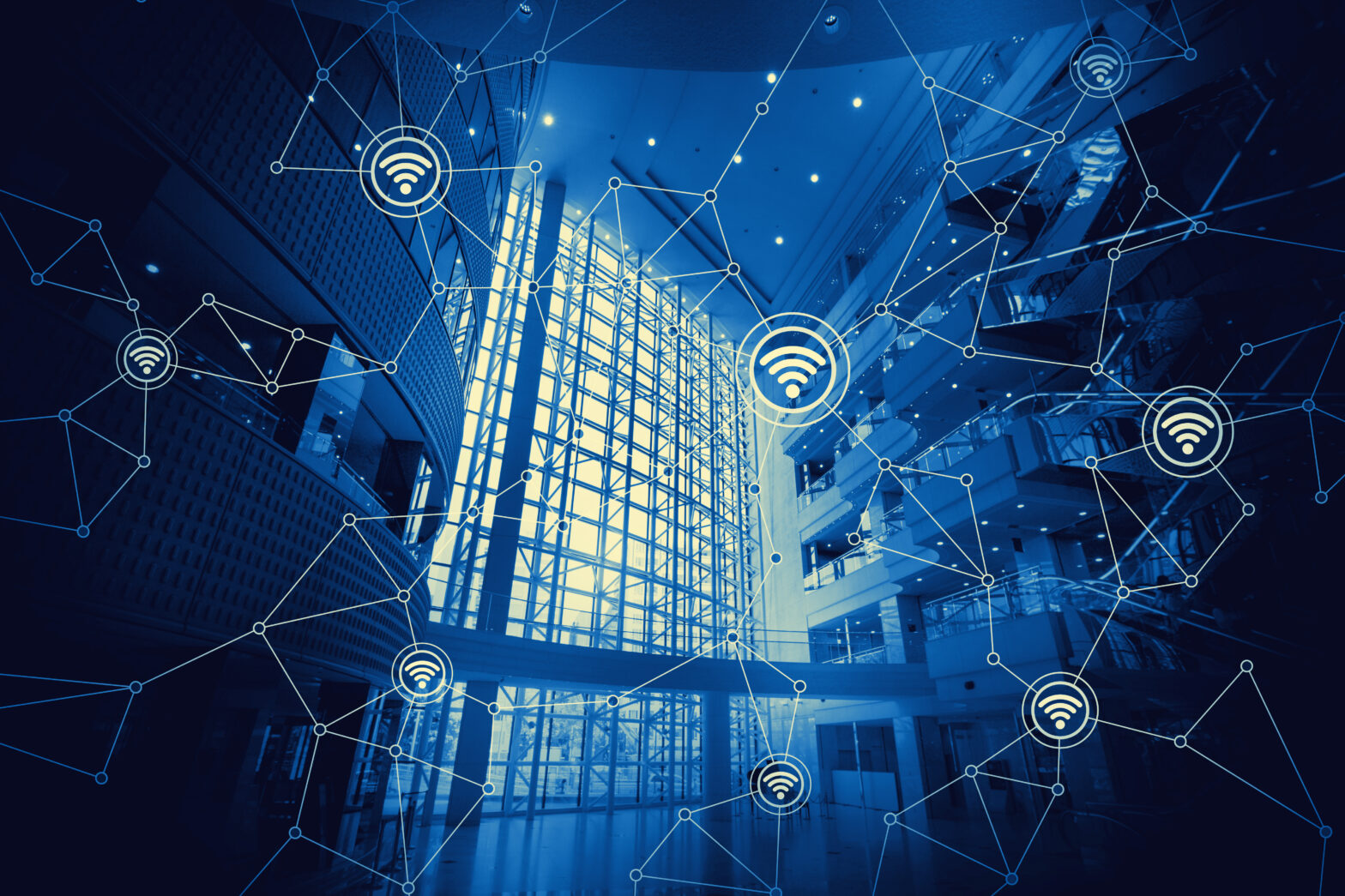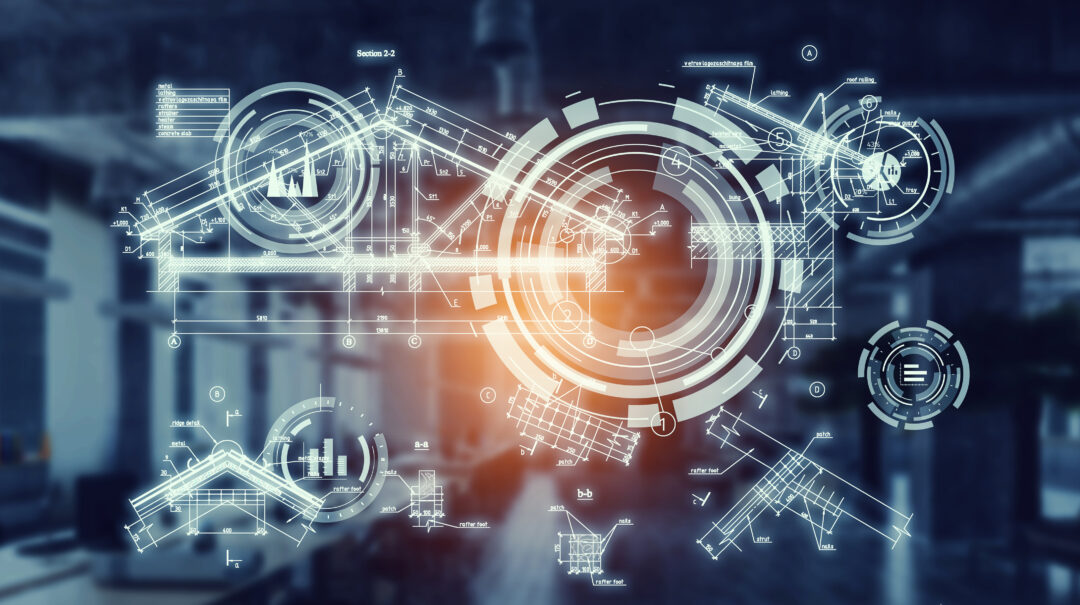Have you ever felt disengaged at work? At some point in our careers we’ve all experienced it.
According to the Chartered Institute of Personal Development (CIPD) almost 1 in 4 UK workers are looking to leave their jobs.
There are various factors for this worrying trend, with a key factor being the failure of management to engage and motivate employees.
To turn this tide, businesses need to ensure that all employees, including managers, are empowered with the tools that enable them to create sparks which fire a passion for the job.
The rise of IoT may just enable that.
The office with an IQ
The advent of the Internet of Things (IoT) is set to explode with the emergence of web 3.0 ushering in an era of unprecedented connective intelligence.
By 2020, it’s estimated there will be over 30 billion wirelessly connected devices on the market worldwide.
While IoT has most definitely arrived and made itself welcome in many of our homes and day to day lives, it’s the place where we spend the other half of our time that it’s yet to truly announce itself.
Transforming the workplace
The workplace as we know it today is set for the ultimate transformation.
Some human functions will become obsolete thanks to machine learning and automation, while new ones will be created.
One area where IoT is set to make a direct impact on the environment around us is workplace re-design.
The IoT enabled office of the future will collect and analyse data on working habits to boost every possible area of performance.
This ‘informative workplace’ will be able to suggest efficiency savings, point out which rooms are occupied most commonly, even alert you when the toilets are vacant.
This will lead to the re-design of the office to create an environment that aligns more closely than ever with employee working habits, helping to boost engagement, collaboration and wellbeing.
Future of worker experience
Real-time information will also help businesses deliver the worker experience that best suits each individual need.
Trends such as flexible working or reduced office hours shouldn’t be approached with a one size fits all approach, rather IoT will help to make each employee happier, more relaxed and ultimately more productive.
By offering this level of autonomy, businesses will be empowering employees and improving the worker experience, which in turn will improve the customer experience.
Outside of the office in an industrial environment the role of IoT is even more welcome and critical. With hazardous and dangerous work carried out daily by factory and plant workers IoT technology that helps monitor highly stressed machines could quite literally save lives.
In fact the potential benefits to people across the professional spectrum, is so vast that the transformation scenario becomes increasingly vivid – it really is a case of how far the imagination can stretch.
Making the right moves
With spending on IoT set to hit $1.3 trillion by 2019 the transformation tipping point is within touching distance.
The time is now for businesses to embrace this technological revolution and equip themselves with the right tools.
By creating a dynamic workplace both the businesses employees and customers stand to benefit from an improved experience.
Justin Anderson, general manager EMEA at Appirio










